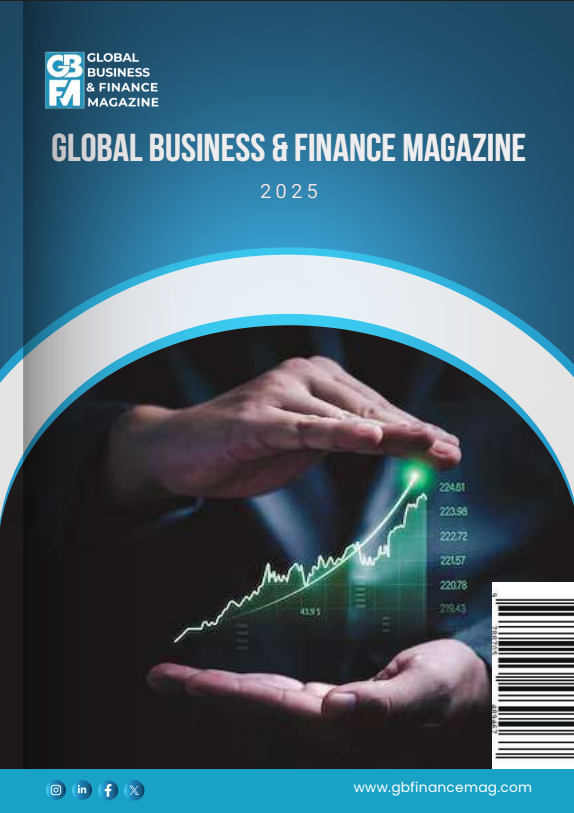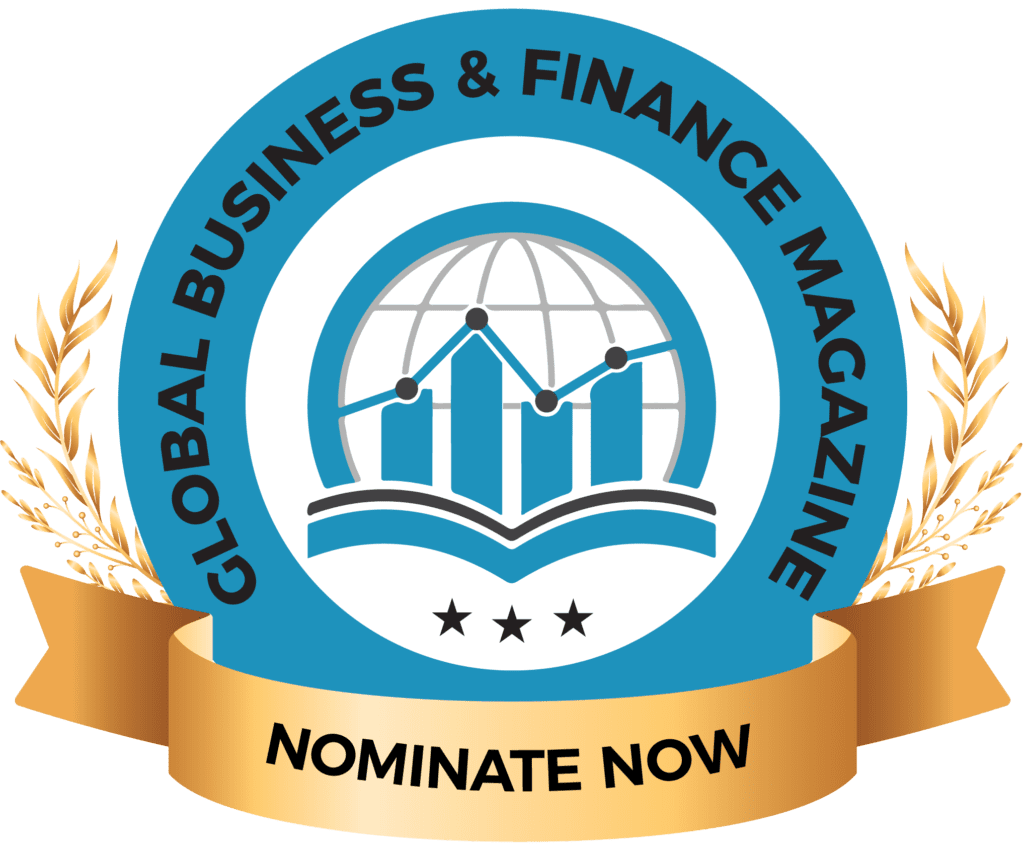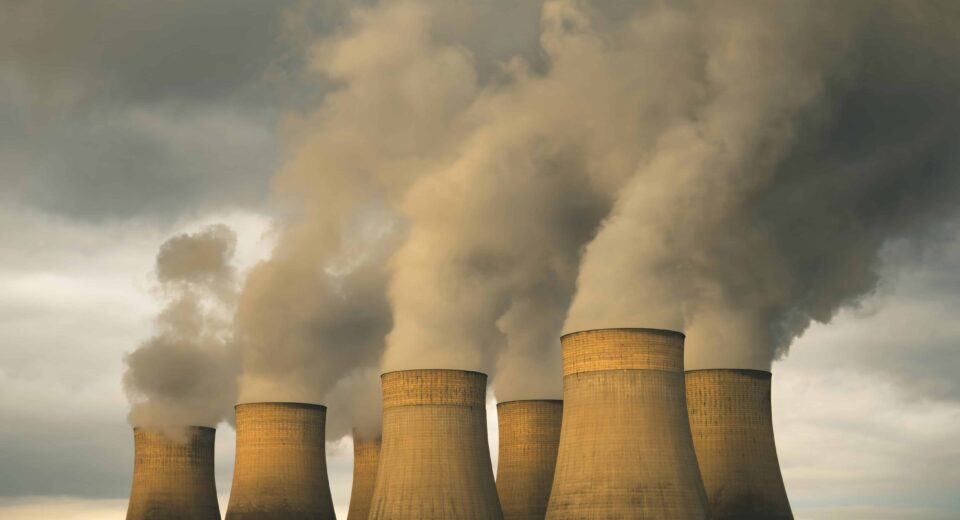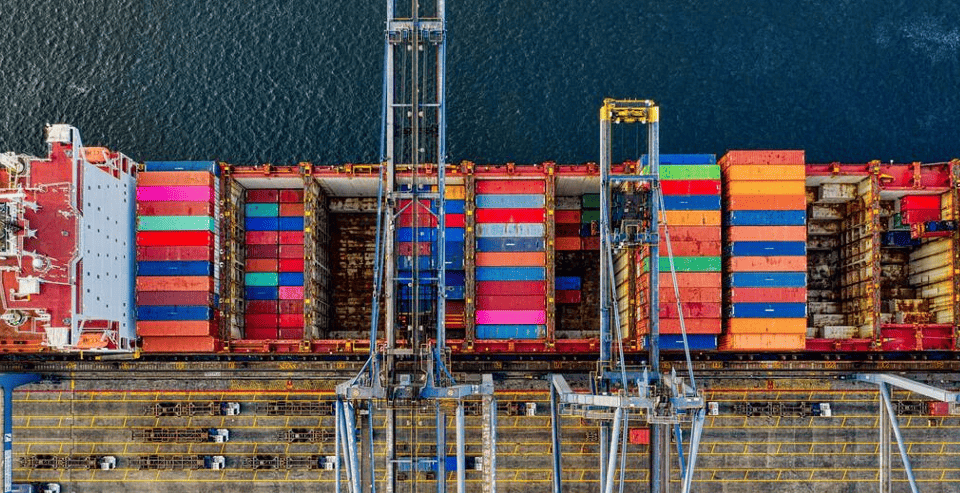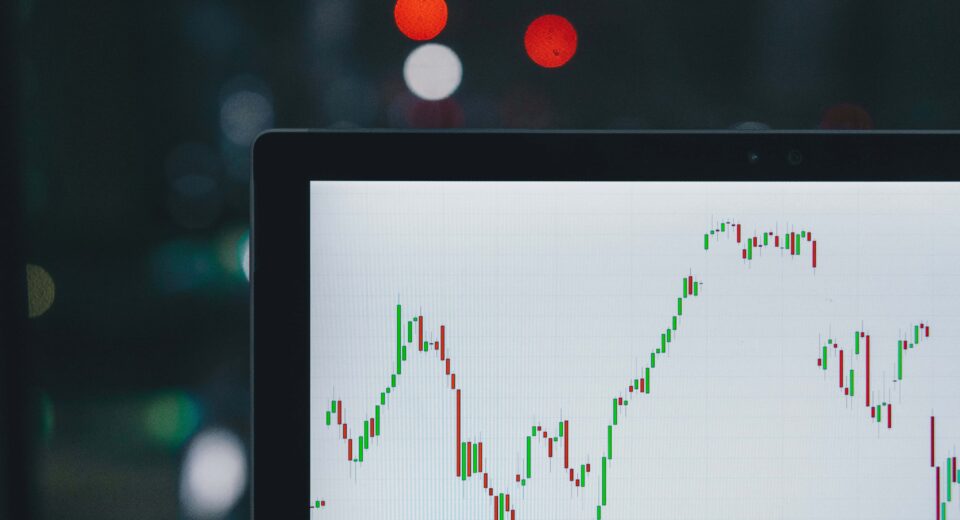Oil steadies ahead of US-Russia talks
Oil prices steadied on Monday, after falling more than 4% last week, as investors looked towards talks this week between the U.S. and Russia over the war in Ukraine. Brent crude futures slipped 14 cents, or 0.21%, at $66.45 a barrel by 11:15 a.m. EDT (1515 GMT). U.S. West Texas Intermediate crude futures fell 12 cents, […]
